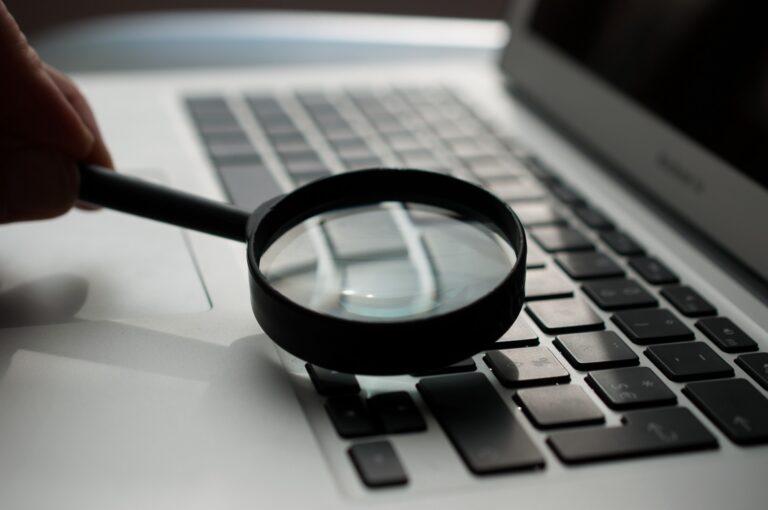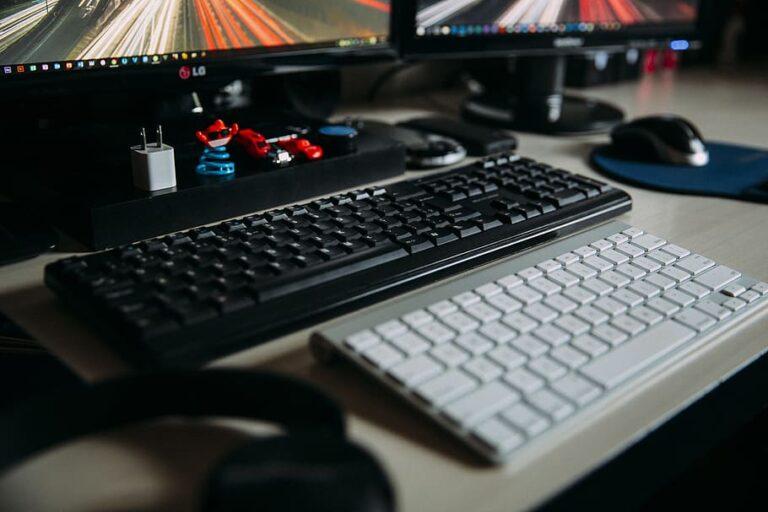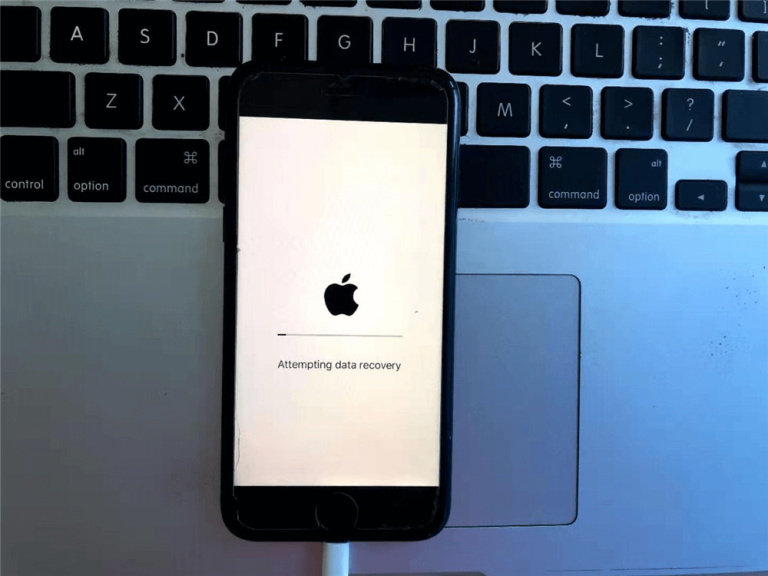How to Use a Keylogger for Forensic Purposes

How much do you know about keyloggers? Chances are, you’ve heard of them before, but you may not know exactly what they do and how they can be beneficial to your digital forensic analysis by using keylogger. Read on to learn how you can use keyloggers in your investigations today!
Topics
What Is a Keylogger?
A keylogger is a small device that fits over your keyboard’s number pad. It tracks every stroke of every key you press on your computer.
If you’re using it for forensic purposes, you can use it to monitor what software has been run and what files have been opened—and by whom.
While many top-of-the-line keyloggers are large and bulky, others are as small as watches.
Using Keylogger for Forensic Purposes
Keystroke logging is an excellent way to track your children’s or employees’ internet activity, but it also has many other potential uses. Let’s take a look at one particularly interesting application: Computer forensics.
Do you suspect that someone is stealing your intellectual property, reading private correspondence, or maybe gaining control of your computer? If so, you might want to take advantage of forensic techniques like key-logging.
As part of computer forensics, it is vital that you obtain detailed information about how individuals use their computers. This kind of data can be found in keyloggers.
Keyloggers are pieces of hardware which capture every keystroke made on a user’s computer and record them for later analysis.
How Keylogger being used in Computer Monitoring and Forensic
Keyloggers are designed to record every input made on a computer’s keyboard.
There are two kinds: software keyloggers and hardware keyloggers.
Once the keylogger is installed they allow you can monitor every activity on the computer.
1. Email information and FTP messages
2. Chat room conversations and interceptions even on IM and Facebook
3. URL monitoring
4. Monitoring applications use
5. Capture screenshots
6. File tracking etc.
Legal uses of Keylogger to Collect Evidence and for Monitoring and foerensic
1. Employers watching of company computers used by employees to ensure they are working as required and to prevent fraud and other criminal activities.
2. Parents monitoring the use of computers for children below 18 years
3. Companies monitoring use of company resources like internet
4. Collection of forensic evidence from the computers being monitored for security reasons with a legitimate investigation cause.
5. Detect unauthorized coding commands in military, law enforcement & IT department to prevent cyber criminals.
6. Detect fradualent activities from auditors.
Legal Notice : Before setting up a monitoring system, Private investigators and clients have to ensure they have outlined a legitimate reason for the surveillance.
The role of the private investigator is not just to help the client in selecting and setting up the right keylogger, but also to suggest the client on the right techniques to use keylogger for forensic purposes to ensure there is no conflict with the law and the evidence collected can be used before a court of law.
How to Choose the Best Keylogger for Your Needs
While there are many keyloggers on the market, not all of them meet certain requirements. As such, when choosing a product, you need to make sure it has certain qualities, such as ease of use and ability to monitor applications without their knowledge.
If you want to learn more about choosing an efficient and effective product, read on
There are two different types of keyloggers to consider for your specific requirements.
1. Software keyloggers
Normally installed on your hard drive by the hacker.
It is a kind of spyware that many of us are talking about these days.
Sometimes it may also be installed by a person who wants to monitor the use of his/her own computer.
Software is an ideal way to monitor laptop, PC and smart devices.
But the problem with software keyloggers is that it can be detected and removed by anti-spyware tools.
Made up of a tiny memory chip embedded in a device that can be as small as 4 cm long. This device can be easily attached to a computer keyboard plug.
Hardware keyloggers are often used by companies (such as banks on money transfer terminals) to keep track of what employees do on their computers. Detection of hardware keyloggers by using anti-spyware is impossible.
Differences between Software and Hardware keylogger
1. Software is able to monitor typing activities on PC, laptop and smart devices but it can be detected and removed by anti-spyware tools.
2. Hardware is only for monitoring typing activities on PC but cannot be detected and removed by anti-spyware tools.
keylogger forensic without software installation
You can perform monitoring following typing activities with the keylogger forensic without software installation :
1. Monitor your employees productivity ( In case you are the employer, you have the right to monitor your employees performance during office hours )
1.1 Email information and FTP messages
1.2 Chat room conversations and interceptions even on IM and Facebook
1.3 URL monitoring
1.4 Monitoring applications use
1.5 Capture screenshots
1.6 File tracking
2. Track unauthorized coding command in military and IT sector
3. Track unauthorized access within your organization
4. Track fraudualent auditor in organzation
Note : Our keylogger forensic cannot be detected by antivirus & antispyware.
Legal Notice : Before setting up a monitoring system, Private investigators and clients have to ensure they have outlined a legitimate reason for the surveillance.
The role of the private investigator is not just to help the client in selecting and setting up the right keylogger, but also to suggest the client on the right techniques to use keylogger for forensic purposes to ensure there is no conflict with the law and the evidence collected can be used before a court of law.




